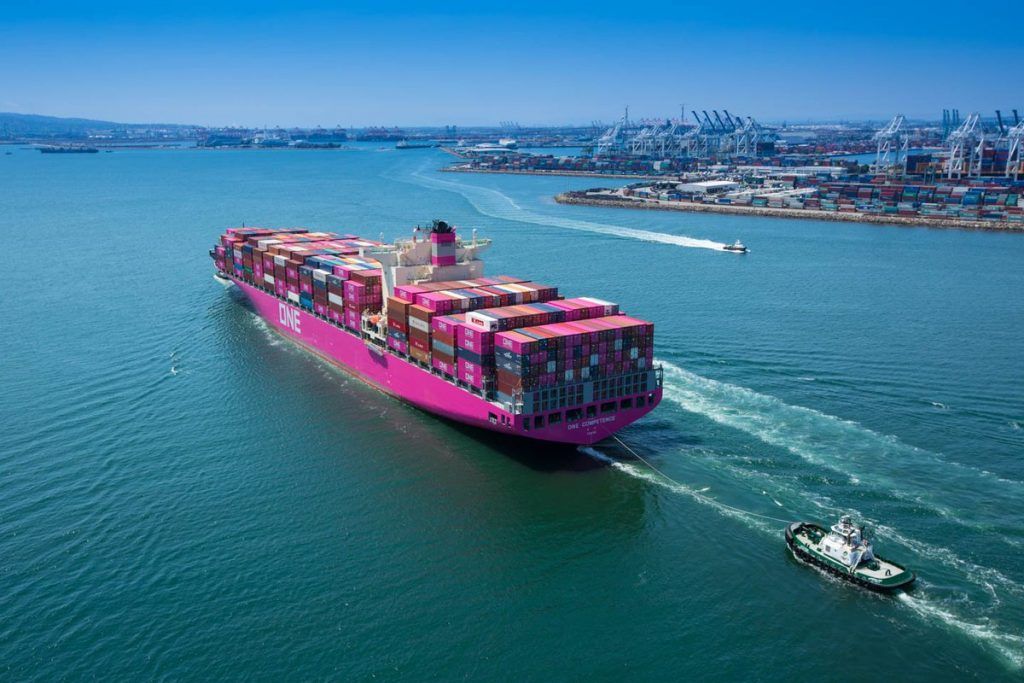There are more than 360 ports in the United States, which are operated by states, counties, municipalities or private companies, or jointly by several of these entities, according to WTO data.
The top 50 ports received approximately 85% of waterborne cargo tonnage.
Port congestion, particularly on the country’s west coast, continues to be a problem, and infrastructure improvements are needed.
In this regard, the U.S. Maritime Administration (MARAD) provides expert advice on port investment and financing and assists ports of all sizes and functions with infrastructure development, efficiency (streamlining port systems and cargo handling services), deepwater port licensing, and transportation.
In addition, MARAD chairs the National Port Preparedness Network (NPRN) Steering Group and administers port planning orders for certain commercial ports in support of national defense.
The United States does not grant national preferential treatment with respect to the use of port facilities.
The United States maintains an MFN exemption for restrictions on the performance of loading/unloading work by crews of foreign vessels owned and flagged by countries that similarly restrict the performance of loading/unloading work by U.S. crews of U.S.-flagged vessels.
Ports in the United States
The Immigration and Nationality Act of 1952, as amended, prohibits foreign crewmembers from performing loading and unloading activities in the United States, but provides an exception on the basis of reciprocity.
Title I of the Maritime Transportation Security Act of 2002 requires commercial vessels arriving in the United States from a foreign port to transmit passenger, crew and cargo information electronically in advance.
Subsequently, the Maritime Transportation Security Act of 2004 amended federal shipping legislation and gave U.S. district courts jurisdiction to limit violations of certain port security requirements; it also authorized the Secretary of Transportation to deny or withdraw port entry authority to any owner, agent, master, officer or person in charge of a vessel who is subject to a penalty or fine for violating those requirements.
Oil and Gas
The Deepwater Port Act of 1974, as amended, and its implementing regulations establish a licensing system relating to the ownership, construction, operation and decommissioning of deepwater port structures located outside the territorial sea of the United States and intended for the import and export of oil and natural gas.
The Act establishes the conditions (including environmental conditions) that applicants must satisfy, and provides for the submission of detailed plans for the construction, operation and decommissioning of deepwater ports.
Also, the Deepwater Ports Act of 1974, as amended (DWPA) sets forth conditions to be satisfied by applicants, as well as detailed procedures for the issuance of licenses by the Secretary of Transportation and prohibits the issuance of a license without the approval of the Governors of adjacent coastal States.
MARAD is responsible for determining the financial capacity of prospective licensees and the citizenship of applicants, as well as issuing or denying the deepwater port license. The DWPA sets a specific deadline of 330 days from the date of publication in the Federal Register for approval or denial of that license.

